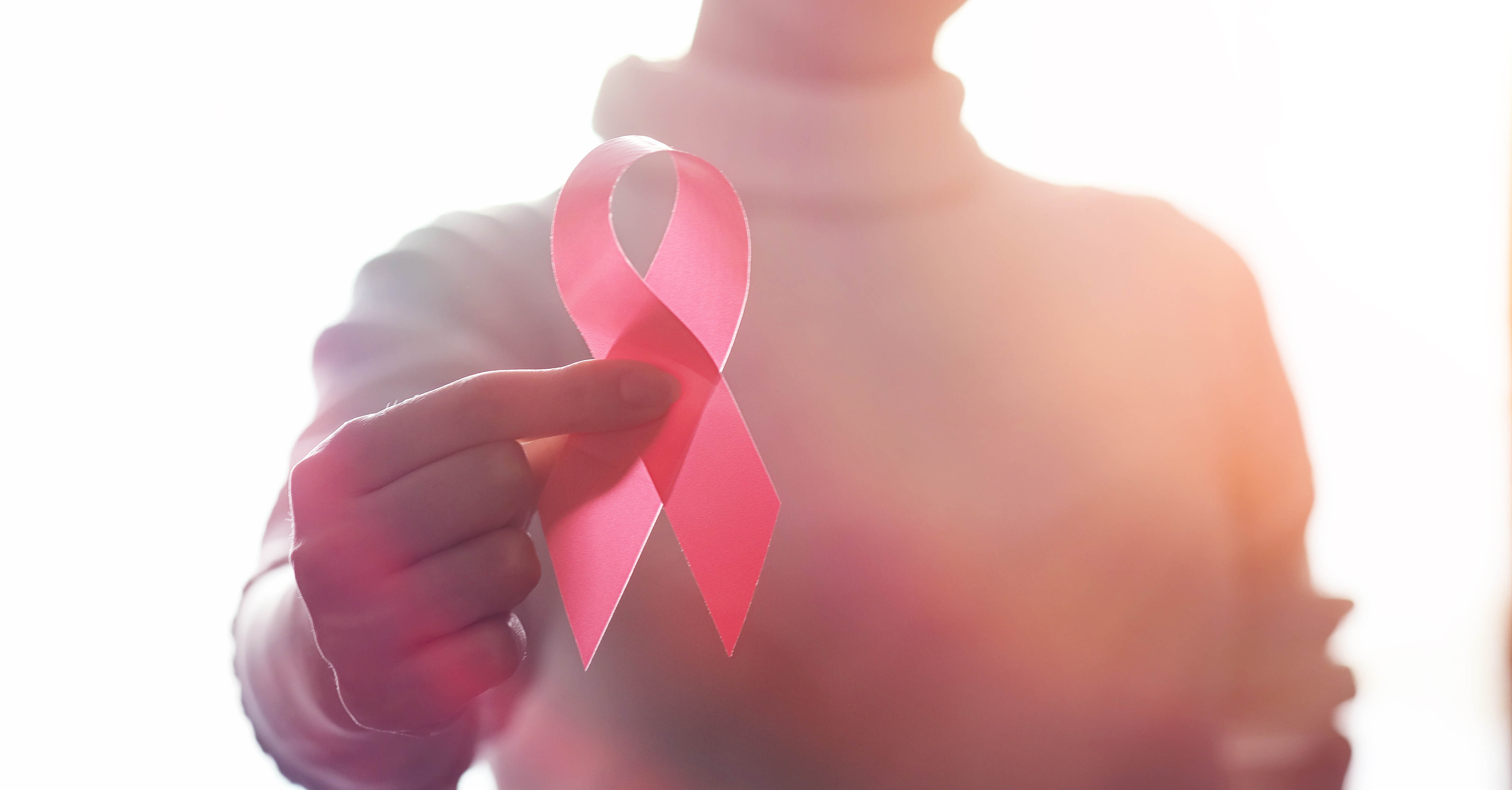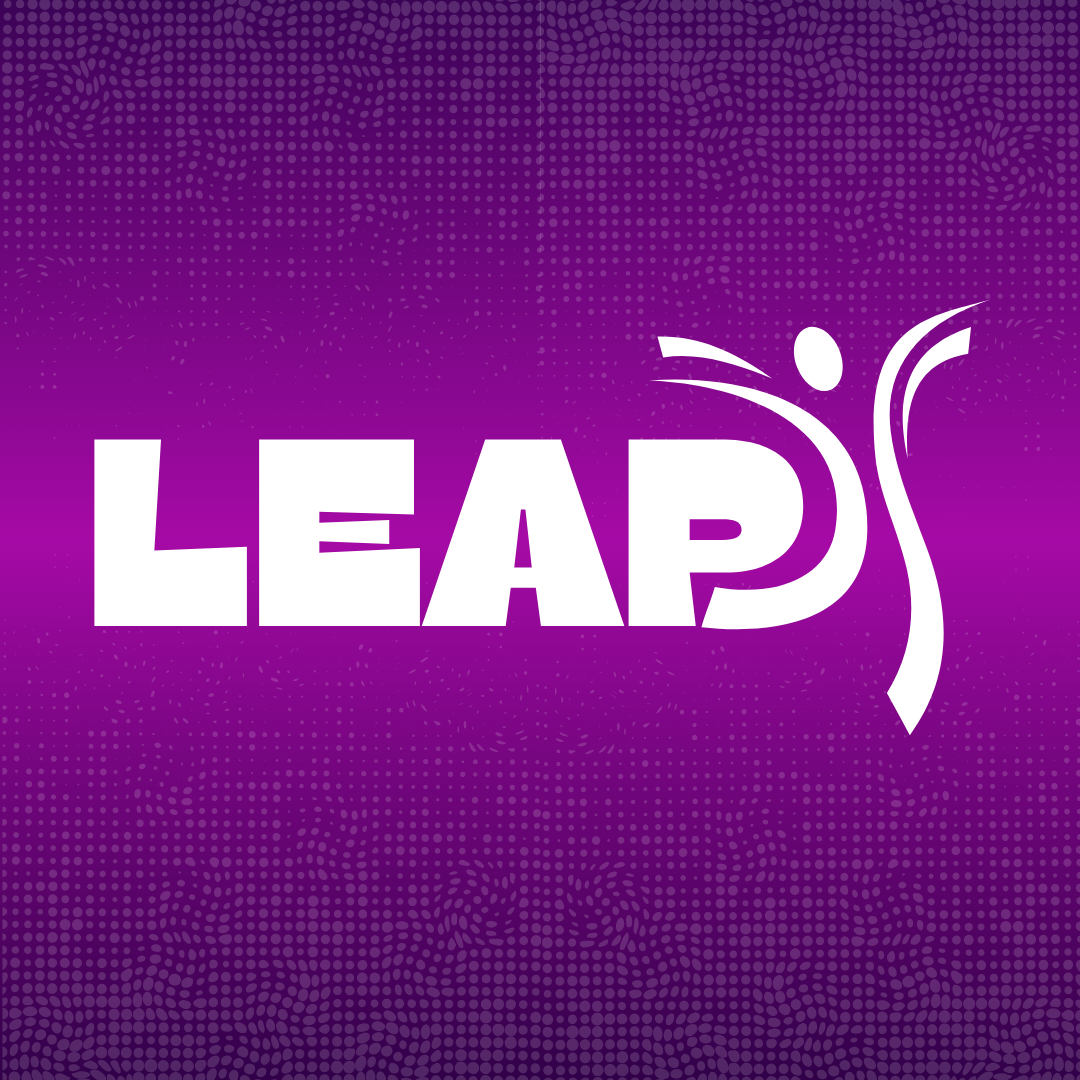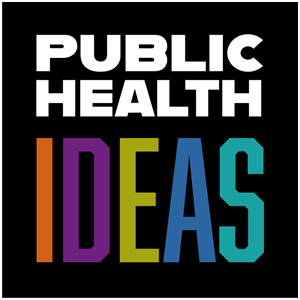Researchers evaluating program aimed at HIV prevention and care for trans youth of color

Q&A with Kristi Gamarel and Sari Reisner

University of Michigan School of Public Health researchers are assessing the efficacy of a program called LEAP (Legal, Economic, and Affirming Peer Support) as part of the NIH-funded Adolescent Medicine Trials Network for HIV Interventions (ATN), which focuses on improving HIV prevention and care continuum outcomes for youth.
Kristi Gamarel (she/her), associate professor and associate chair of Health Behavior and Health Education, and Sari Reisner (he/him), associate professor of Epidemiology, are leading this program evaluation with a multidisciplinary team, focused on determining how legal, economic, and peer support components of LEAP influence HIV outcomes in transgender, nonbinary, and gender diverse youth.
Here, Gamarel and Reisner discuss LEAP and the program’s evaluation.
Transgender, nonbinary, and gender diverse youth of color are disproportionately impacted by the HIV epidemic. Can you give a brief explanation why that is?
In the US, transgender, nonbinary, and gender diverse (hereafter “trans”) youth of color are disproportionately burdened by the HIV epidemic. Evidence suggests that trans youth of color have suboptimal engagement in HIV prevention (e.g., HIV testing, pre-exposure prophylaxis uptake and adherence) and HIV care outcomes (e.g., antiretroviral adherence, engagement in care, viral suppression).
Due to intersectional oppression rooted in cisgenderism and racism, many trans youth of color have unmet gender affirmation, legal, and economic needs, which are key social determinants of health, and have been linked to inequities in HIV prevention and care outcomes.
What does the LEAP program do to address disease burden for trans youth?
LEAP is an HIV status-neutral intervention designed to address key social determinants of HIV for trans youth of color. The LEAP project is being conducted through the NIH-funded Adolescent Medicine Trials Network for HIV Interventions (ATN) and will be implemented in seven sites across the US. The LEAP intervention draws from formative and ongoing work by trans communities of color, including our collaborating community partners such as the Black Transgender Advocacy Coalition, the Trans Solutions Research and Resource Center, and the Trans Sistas of Color Project.
The intervention integrates three components:
- Individual peer support sessions focused on gender affirmation, HIV prevention and treatment, and other aspects of holistic wellbeing
- Critical aspects of medical-legal partnerships that include screening participants for health-harming legal needs, receiving a legal empowerment educational group session, and direct linkage to lawyers
- A microeconomic intervention that includes educational sessions paired with emergency assistance, and an unconditional grant to use towards achieving educational and/or employment goals.
How do the program’s three main areas of support contribute to HIV prevention and care outcomes?
We believe that each of the three areas of support individually and synergistically contribute to improving HIV prevention and care outcomes.
- Peer support sessions are based on an evidence-based intervention called Healthy Divas, which addresses gender affirmation needs, including social affirmation and enhanced support, which has been demonstrated to improve HIV outcomes among trans communities.
- Legal components include critical aspects of medical-legal partnerships to address health-harming legal needs, which are social determinants of health that negatively impact people’s health and access to healthcare (e.g. bullying in schools, immigration, legal gender affirmation), which are remedied through joint legal care and health care and have been shown to improve HIV outcomes.
- Economic components are based on trans-led organizations’ economic empowerment strategies, as well as a promising US-based microeconomic intervention that was shown to improve HIV prevention and care outcomes.
What does the program look like for participants?
Our study is designed to test the effectiveness of the LEAP program and to identify lessons learned in implementation in seven sites across the US. Participants will complete an informed consent process, baseline survey, and biospecimen collection (e.g., HIV testing and PrEP or viral load testing depending on HIV status). Participants will then be randomly assigned to an Immediate Arm or a Deferred Arm.
The LEAP program is 10 weeks long and comprises six one-on-one peer sessions, interspersed with four group sessions; the health-harming legal needs screener (i.e. screening for social determinants of health such as discrimination/mistreatment, immigration, legal gender affirmation) is fielded after the first group session and microeconomic grants are distributed after the second and third group session. Participants will be followed for 12 months via quarterly surveys and biospecimen collection. Qualitative interviews will be conducted with a subset of participants to understand their experiences with LEAP. Process measures will be collected from sites, staff, and key stakeholders to explore the context of implementation and garner lessons learned, including a cost-effectiveness analysis.
How do you hope to use the information gathered from the program’s evaluation to improve health access and equity among trans youth of color?
Combination HIV status-neutral interventions that address the social determinants of HIV for trans youth of color may be more effective than traditional HIV approaches. Importantly, LEAP will address social factors that have been linked to inequities in HIV prevention and care outcomes for trans youth of color specifically, such as unmet gender affirmation, legal, and economic needs. If effective, this combination approach can be rolled out across the US to address the HIV epidemic for this priority population.
How does the community play into LEAP?
Community participatory research principles are a vital part of LEAP. We incorporate and center the voices of trans youth of color at all levels of study design and implementation.
LEAP is HIV status-neutral, which means we are enrolling trans youth of color of any HIV status. Traditionally, efforts to address the HIV epidemic are either focused on HIV prevention for individuals without HIV or who do not know their status, or on HIV care for individuals living with HIV. This separation can reinforce HIV stigma, is not consistent with social ties in trans communities and is often not preferred in community health centers.
LEAP is guided by recommendations from our community partners and the Department of Health & Human Services in that we are inclusive and focus on all trans youth of color, recognizing that many of the issues trans youth of color face undermine both HIV prevention and HIV care outcomes, regardless of HIV status. This HIV status-neutral approach is designed to prioritize health equity and reduce HIV stigma for trans youth of color.
The LEAP team includes Laura Jadwin-Cakmak (she/her) and Ini-Abasi Ubong (they/he) at the University of Michigan School of Public Health, Genesis Valera (she/her) and Cassie Vuong (she/her) at the Fenway Institute, Dionté Gill (she/they) at Florida State University, Larissa Jennings Mayo-Wilson (she/her) at the University of North Carolina at Chapel Hill, Omar Martinez (he/him) and Robin Davison (she/her) at the University of Central Florida, Arjee Restar (she/her) at the University of Washington, and Erin Ricketts (she/her) at Westat.
- On the Population Healthy podcast: Gender affirming care
- Interested in public health? Learn more today.
- ATN: Research addressing HIV health inequities among US adolescents and young adults
Public Health IDEAS for Building Health Equity
 Michigan Public Health is uniquely positioned at the epicenter of research, resources,
and expertise to rise to the challenge and address some of the world’s most pressing
problems. That is why we launched Public Health IDEAS—which represents Interdisciplinary Discovery, Engagement + Actions for Society—to
increase collaboration and advance research and engagement in key areas of public
health to achieve meaningful, lasting impact.
Michigan Public Health is uniquely positioned at the epicenter of research, resources,
and expertise to rise to the challenge and address some of the world’s most pressing
problems. That is why we launched Public Health IDEAS—which represents Interdisciplinary Discovery, Engagement + Actions for Society—to
increase collaboration and advance research and engagement in key areas of public
health to achieve meaningful, lasting impact.
Learn more about Public Health IDEAS for Building Health Equity.
Media Contact
Destiny Cook
PR and Communications ManagerUniversity of Michigan School of Public Health734-647-8650
